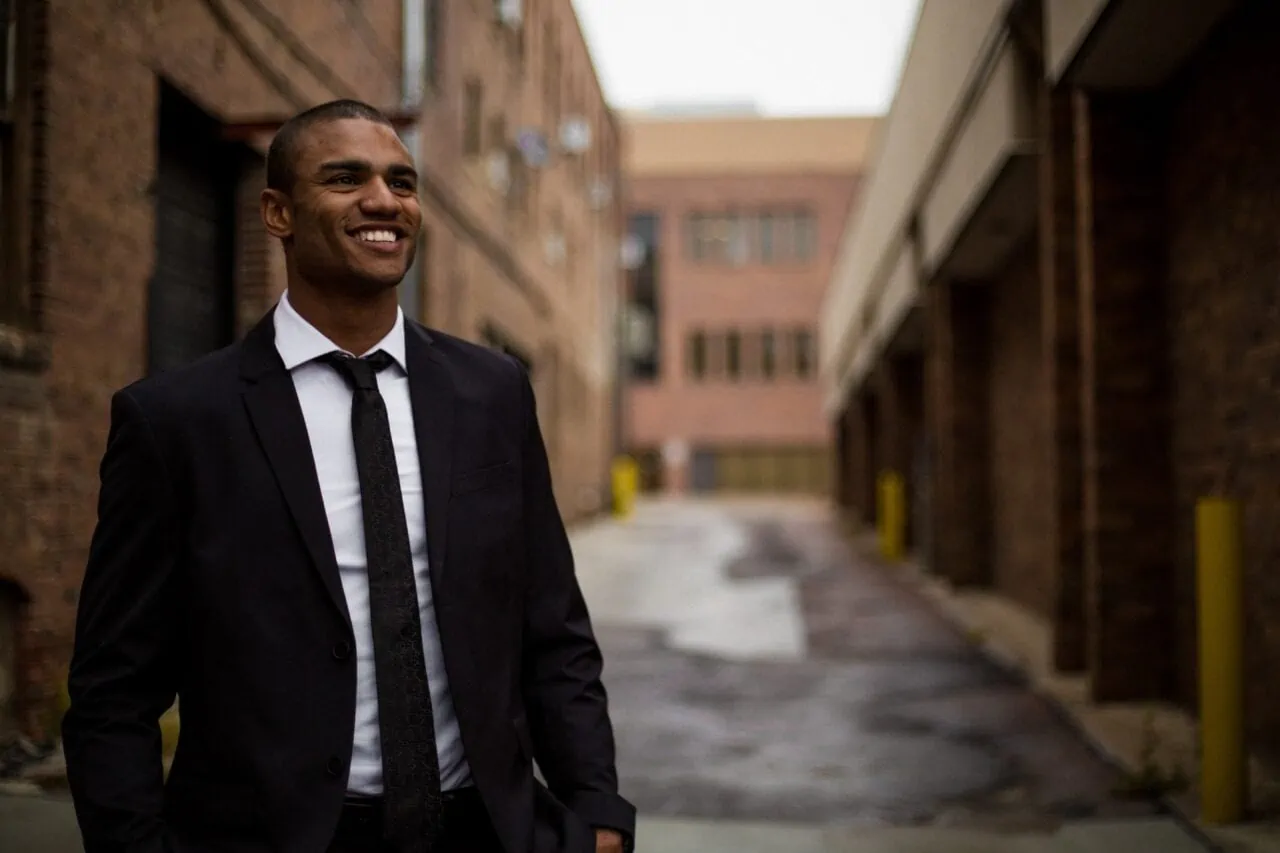
Introduction
The COVID-19 pandemic is causing fear and panic around the country. While this outbreak has been particularly devastating, we all want to know what will happen to our student loans in the event that we need to miss payments. In this article, we’ll cover how student loan deferment works and why it’s important for you to keep your payments up-to-date. We’ll also discuss when your lender might forgive missed payments due to COVID-19, as well as how private lenders are offering relief during this crisis.
Are student loans still deferred during the COVID-19 pandemic
- Student loans are still deferred during COVID-19.
- If you don’t pay your student loan, it will go into default and collections.
- If you have questions about deferment or default on your student loan, contact your loan servicer directly.
Will missed payments affect your credit score
Here’s the cold hard truth: missed student loan payments can hurt your credit score. Your credit score is a number that shows lenders how reliable you are with money, and it’s calculated using several factors, including the amount of debt you have and whether or not you pay on time. Paying late will lower your credit score, which means it’ll be harder to get loans or rent an apartment in the future if your score isn’t high enough. You may also see hefty fines from collection agencies if they catch wind of any delinquent payments.
To avoid these consequences (and improve your overall financial situation), try reaching out to your lender as soon as possible so that they know about any missed payments—they’ll likely offer some sort of payment plan when this happens, but only if they’re notified beforehand. If that doesn’t work—or if there isn’t much room for negotiation—you could consider refinancing student loans with a private lender who offers more flexible terms like interest rates and repayment plans.*#ENDWRITE
When will you have to start paying again?
If you are a COVID-19 survivor, your student loans will remain deferred for the rest of your life. This is because people who are affected by COVID-19 are not eligible to work or earn money during their recovery period.
If you aren’t a survivor and have been deemed healthy by the CDC, then you will start having to pay back your student loans again once the pandemic is over.
Are private student loan lenders offering relief?
Private student loan lenders are offering relief in a variety of ways.
- Deferred payment options: If you’re unable to make payments on your private loan due to financial hardship, the lender may work with you to postpone payments for up to 12 months. This means no interest accrues during that time, but it does not lower the principal amount owed. This can be a good option if your budget is tight but you don’t want to default on your debt.
- Interest-free payment options: Some private student loans offer interest-free payment programs where they will waive all or part of their monthly billing until after graduation. You may be responsible for paying back all interest accrued during this period when you start repaying the loan in full (which could result in being charged higher payments).
- Forbearance options: Private lenders often offer temporary forbearance while someone goes through financial hardship such as unemployment or underemployment; however, there is usually an application process required beforehand and it usually comes with terms like paying double the minimum payment every month (which would help keep up with late fees). A good rule of thumb is that if you’re having trouble making ends meet and need extra time before being able to repay what’s due then talk about deferring just one semester instead—it’ll save you some money down.
How do you keep missing a student loan payment from affecting your credit score?
If you are missing payments and want to keep your credit score intact, the best thing you can do is to make sure you are making the minimum payment on time. If possible, pay more than the minimum amount due each month. This will lower the total amount owed over time, which will in turn help your debt-to-credit ratio—a key component of your FICO score.
If you’re having trouble paying back student loans as a result of unemployment or other financial setbacks, don’t ignore them! Contact your lender immediately and ask about deferment or forbearance options (if available). In some cases this may mean temporarily postponing repayment until things get better financially; however, once they do pick up again it’s important that payments resume so that interest continues building up on all outstanding balances rather than just those without a deferment or forbearance agreement in place at the time when these agreements expire.
Conclusion
As we saw, there are some benefits to making your student loan payments on time. And with the COVID-19 pandemic still ongoing, it’s important to keep track of your payment status and avoid late fees or penalties. If you’re paying on a private loan, check with your lender before taking any action so that they can give you the right advice for your situation.
